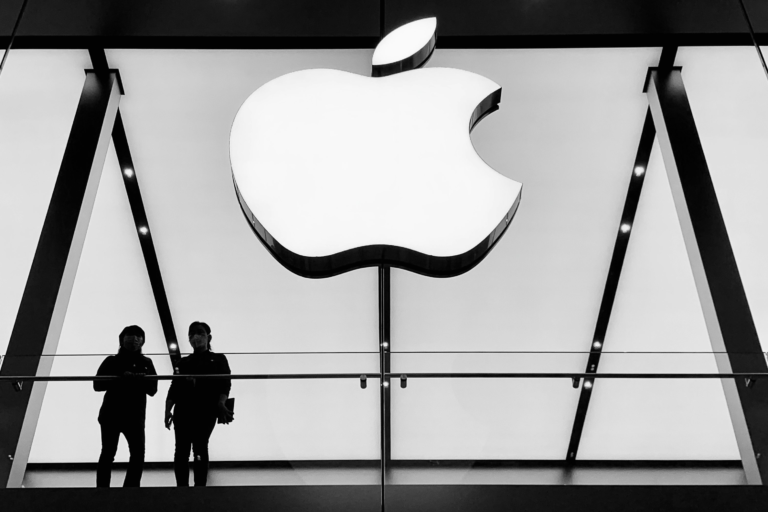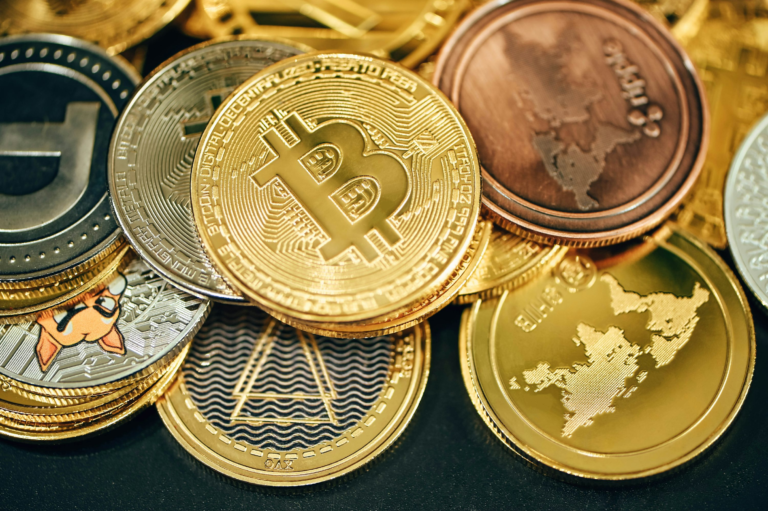The dramatic drop in the value of America‘s most famous IT businesses has made investors nervous and rocked the markets. More than a trillion dollars in market value disappeared in only a few days. At first, it was only a small change in mood, but now it’s one of the biggest selloffs Wall Street has seen in a long time. The downturn has been particularly obvious in companies that are closely linked to AI, a field that only a few months ago was seen as having endless growth and potential. The AI-driven hype cycle is starting to exhibit fractures that many analysts thought were unavoidable as uncertainty grows and confidence falls.
I’ve seen market cycles change quickly before, but this drop feels very personal, like watching a colourful balloon pop faster than anyone thought it would. For more than a year, AI was the main topic of news stories, board meetings, and investor calls. Big firms set themselves up as leaders in a technological revolution, promising innovations that would change whole industries. But this last week shown how weak the story can be when people stop believing in it. Companies like Nvidia, Microsoft, and Tesla, who used to benefit from constant optimism, are now at the centre of one of the biggest decreases in value in a long time. The eight biggest AI-related companies in the US have lost around $1.2 trillion in value since last Friday. This is the worst weekly performance since President Trump’s Liberation Day statement in April, when he announced the tariffs.
People are feeling the change in mood all over the place, not just at work. Millions of regular investors who thought AI was the safest investment of the decade are now worried that the boom may have happened too soon. For a lot of people, the losses this week bring back memories of past bubbles when the excitement about new technology exceeded actual business results. This time, the anxiety comes from a simple but uncomfortable truth: many AI projects are still not making money or have not been evaluated, and some may never live up to the high expectations that originally made people so confident.

Economic statistics haven’t done much to calm fears. The University of Michigan’s consumer mood index, which is typically seen as a good way to gauge how Americans feel about their financial future, fell substantially to 52.3. This drop of 6.3 points means that worries go beyond just stock dealers. The national mood has gotten worse since the government shut down and there is no end in sight. The economic mood score for November was 50.3, the lowest since July 2022 and a big drop from October’s reading of 53.6. When people lose faith in the economy as a whole and the markets drop sharply at the same time, the mood becomes even more cautious.
There is always a tale behind a severe decline, and this one seems to be a clash between aspiration and reality. Investors had a lot of optimism that AI might change everything, from healthcare to entertainment. New models, better chips, and big software platforms promised results that frequently seemed like they would change everything. I understand how exciting it is to think about the possibility of seeing a revolutionary change because I have been following tech stories closely. But when expectations are very high, even little disappointments can make people respond in ways that don’t make sense. That dynamic seems to be happening right now.
When you look more closely at each company, you see a pattern: great technology, high hopes, and delays in making money. Nvidia, whose chips power a lot of the world’s AI infrastructure, saw its stock prices drop as experts wondered if demand could keep growing at the same rate. Microsoft’s stock price fell sharply, even if the company did well in other sectors, because it had put a lot of money on integrating AI into its products. Tesla, which is sometimes paired with AI companies because it wants to make self-driving cars, also fell dramatically as investors thought about how long it would take for its self-driving technology to really work. In each scenario, the dream is still alive, but the temporal frame becomes less clear.
It’s easy to see why people are upset about this selloff. People talked about AI more than simply money over the last year; they talked about culture too. People argued about whether machines will take employment, fix problems around the world, or change how people are creative. People saw the technology as both a promise and a menace, and the market saw it as the most important part of a new economic era. It is strange that things have changed so quickly after we all saw them happen. But, like at any time of rapid progress, early excitement typically hides practical problems.
The overall state of the economy is another thing that makes the selloff more likely. People feel unstable because they are worried about the government’s stability, consumer confidence is going down, and policy decisions are hard to predict. When investors can’t find clarity, even the strongest companies might be hurt. The AI industry is simple to sell off when confidence drops since it is so complicated and speculative.
Even if the drop was scary, it’s crucial to remember that markets often move in waves. The dip in AI stocks may show that some projects aren’t as strong as they thought, but it doesn’t change the fact that the industry has made real progress. AI is still a game-changer, and a lot of startups in the field have real products, real consumers, and real potential. The current slump is more of a time to reset and remember that new ideas must be based on long-term success. As I watch this correction happen, I think of times in the past when early excitement gave way to more solid, long-term growth.
This week has clearly strained everyone’s patience, though. Tech workers are once again worried about budget cuts. Funding talks may become more careful for business owners. Policymakers will have to deal with more and more questions concerning rules and long-term planning. And for most investors, the selloff has made them worry that they put too much faith in a future that is still being built.
The following steps will depend on a number of sensitive elements, such as how well firms are doing, how strong consumers are, how stable politics are, and whether AI companies can show that they are worth something. Some experts think that the market will settle once people’s expectations change. Some people think things will get more volatile in the future. There is no denying that the last week has changed how people see things in a big way. The tale of AI is far from over, but it is entering a more difficult and reflective phase.
Every time anything new comes out, there are times of enthusiasm, doubt, and finally clarity. This correction could either be a short setback or a long-term change. This will affect not only Wall Street but also the direction of technological growth.








